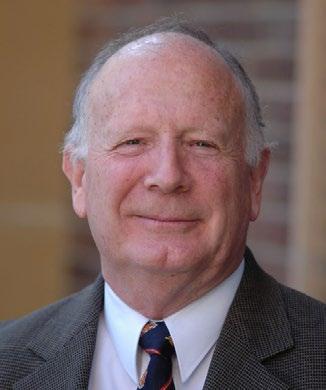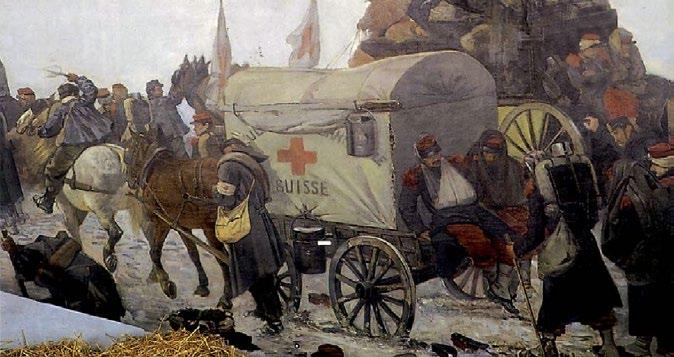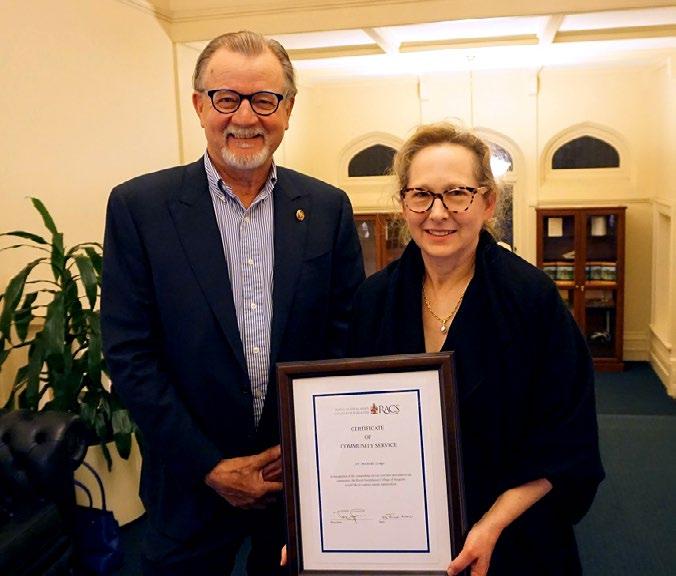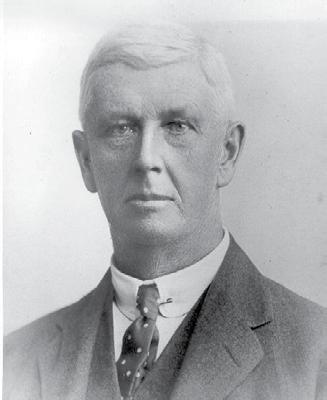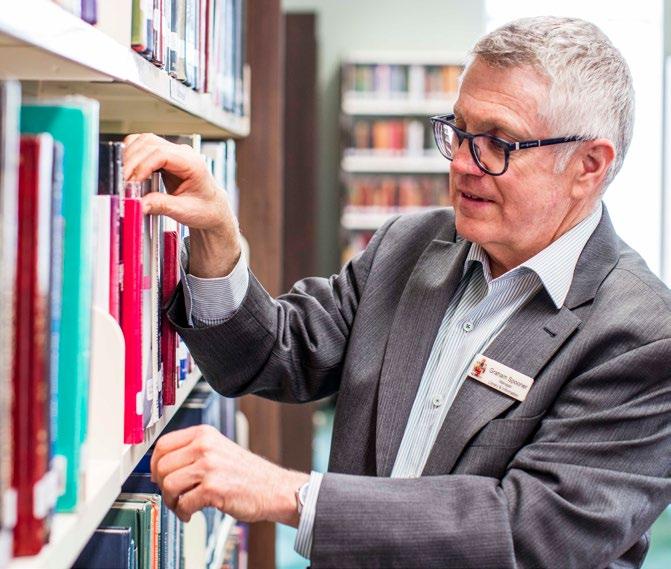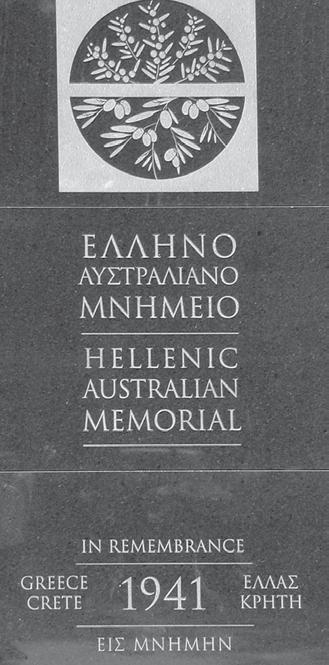
4 minute read
Surgical research in a pandemic world
Surgical research in a pandemic world: obstacles and opportunities
The College’s new key initiative to support the development of traineeled research collaboratives through the Clinical Trials Network Australia and New Zealand (CTANZ) has exceeded expectations. Since its inception just a few years ago, we have seen an increasing number of networks established. CTANZ has grown and now spans the geographic breadth of Australia and New Zealand. Its engagement includes many of the surgical specialities such as General Surgery, Vascular, Paediatric, and Plastic and Reconstructive surgeries. Importantly, these collaboratives are now delivering outcomes from large scale studies that inform our surgical practice. However, this has not been without challenges and, along with the rest of the surgical community, the COVID-19 pandemic has affected the functioning of trainee collaboratives this year. From late-March, travel between countries, states and regions largely stopped and the surgical community has now moved into a virtual world. In addition, nonurgent surgery in Australia and New Zealand was largely cancelled from late-March until May/June. Parts of our countries are now again experiencing reduced surgical activity due to the impact of a second wave of COVID-19. Travel restrictions combined with less actual surgery had the potential to seriously disrupt trainee research collaboratives and surgical training in general. CTANZ was directly affected, with a scheduled face-to-face meeting cancelled in early April. We also lost the ability to meet during the College Annual Scientific Congress in May, and at the upcoming Annual Academic Surgery Conference. Surgical research has been put on hold in many other countries, including the United Kingdom (UK) where surgical trials were stopped after February. Our UK colleagues are sanguine, as they look forward to restarting clinical research in the UK in this challenging environment. Despite these challenges, 2020 has presented unique opportunities and ultimately revealed itself to be a year of significant growth. Nascent international collaboratives have developed as CTANZ adopted Zoom technology to meet more frequently and continue ongoing planning. CTANZ is supporting the SUNRRISE trial through regional General Surgery networks in the five mainland Australian states. SUNRRISE is a UK-led randomised trial of negative pressure wound dressing, compared to standard dressing in patients undergoing emergency abdominal surgery. In Australia, it is funded by the Medical Research Futures Fund.
Advertisement
The trial commenced last year in the UK. Approximately 400 participants were recruited by February, but no further activity was possible from March. The trial commenced in Australia in January 2020, and because the impact of COVID-19 was less severe, the trial was able to continue with more than 200 patients recruited in six months. This recruitment rate, which is well above what was anticipated, has ensured the success of this international collaboration. CTANZ now anticipates contributing nearly half of the total patient cohort for the study, around 400 participants. Opportunities specific to COVID-19 have also arisen. CTANZ networks across Australia and New Zealand have contributed to large international cohort studies informing pandemic health care decisions and surgical practice worldwide.
The initial COVIDsurg study confirmed a high mortality risk for patients undergoing even minor surgery under general anaesthesia when infected with COVID-19 during the perioperative period.1 COVIDsurg-Cancer determined the impact of COVID-19 on cancer treatment outcomes. It demonstrated better outcomes when surgery was undertaken in hospitals not impacted by COVID-19.2 We are proud to report that 94 surgeons and trainees from our region contributed to this study and are cited co-authors in the Journal of Clinical Oncology publication. Other COVID-19-related international studies include CholeCOVID, which evaluates the impact of COVID on surgery for gallstone disease, and ‘COVIDsurg Week’, a large international study that is evaluating surgery worldwide, with recruitment expected to exceed 50,000. ‘COVIDsurg Week’ is well supported across Australia and New Zealand and, importantly, the UK Global Surg group has requested that CTANZ/RACS becomes the Oceania and South-East Asia recruitment hub for the ‘COVIDsurg Week’ study. Devolvement of responsibility to CTANZ has been taken as a show of confidence and an acknowledgement of the contribution that RACS Fellows, trainees, junior doctors and medical students have made to previous COVIDSurg global studies.
Paradoxically, COVID-19 has been both an impediment but also a catalyst to grow trainee-led research collaboratives, and it is heartening to see the enthusiasm of our trainees, who are actively participating in a series of significant, practice-changing international studies. CTANZ is achieving one of its chief aims, which is to provide the foundation for future growth and development of trainee research capacity across Australia and New Zealand.
We call on College Fellows to lend their support to trainees by recognising the value and power of these research collaboratives, and encouraging the future contributions to this exciting collaborative research endeavour.
Professor David Watson FRACS Clinical director, CTANZ
REFERENCES
1. COVIDSurg Collaborative. Mortality and pulmonary complications in patients undergoing surgery with perioperative SARS-CoV-2 infection: an international cohort study. Lancet 2020;396:27–38. 2. COVIDSurg Collaborative. Elective cancer surgery in COVID-19 free surgical pathways during the SARS-CoV-2 pandemic: An international, multi-centre, comparative cohort study. J Clin Oncol (2020) doi: 10.177863/CAM.57007. Accessed 11 October 2020.



